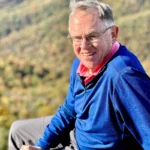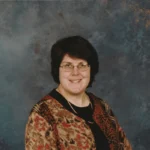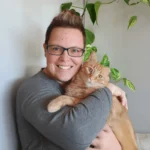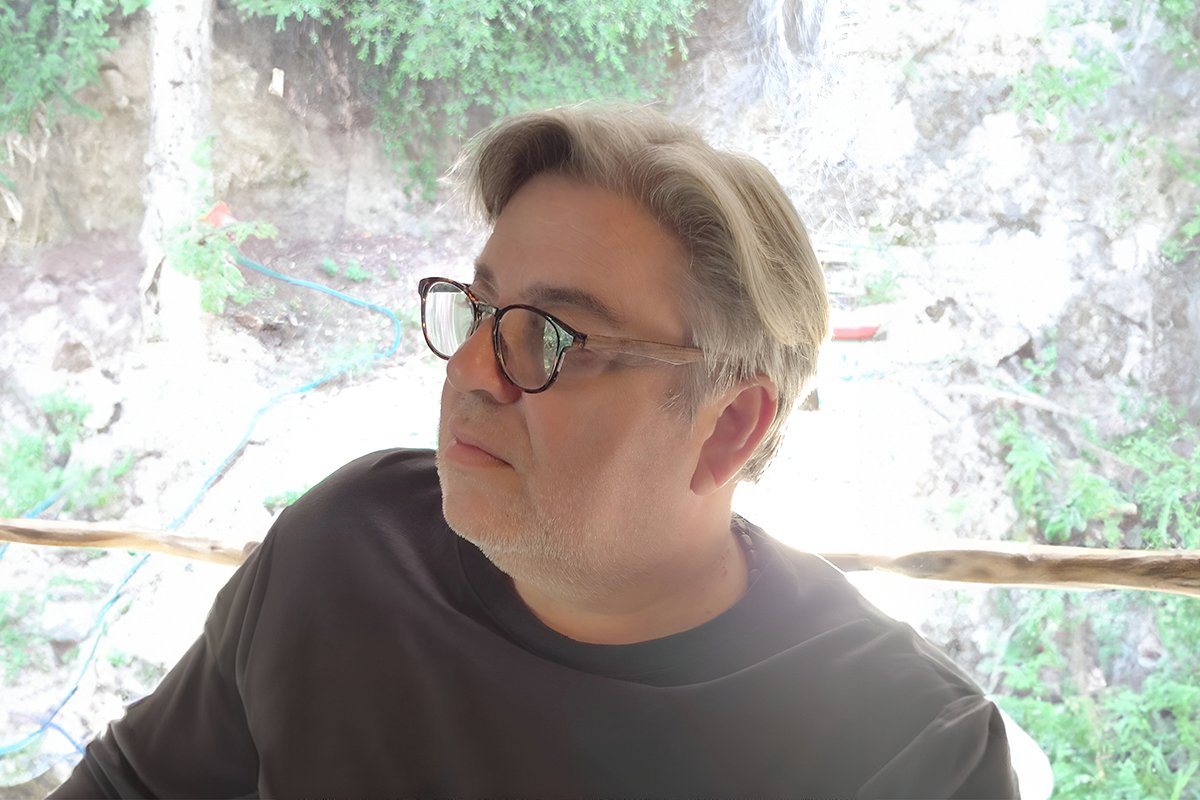Dianne C. Braley Transforms Personal Pain Into Powerful Stories of Addiction, Resilience, and Redemption

PHOTO: Award-winning author Dianne C. Braley brings raw honesty and emotional truth to her storytelling, inspired by life, loss, and the island of Martha’s Vineyard.
Exploring Trauma, Healing, And The Power Of Fiction
Dianne C. Braley opens up about her journey from nursing to writing, drawing on personal trauma, addiction, and emotional resilience to craft deeply honest fiction set against the backdrop of Martha’s Vineyard.
Dianne C. Braley writes with a raw honesty that leaves a lasting imprint. Her stories, shaped by a childhood impacted by alcoholism and a career in nursing, explore the silent and complex struggles of addiction, trauma, and redemption. With her debut novel The Silence in the Sound, Braley delivers a gripping narrative rooted in lived experience—one that examines what it means to love someone trapped in the grip of addiction and how the echoes of past pain can shape a life.
Her writing is not just fiction—it’s a mirror for the unseen emotional battles so many endure. In Unheard Whispers, Braley turns to poetry to capture the unspoken moments of her upbringing, revealing the deep emotional landscape of children raised in dysfunctional homes. Meanwhile, The Summer Before dives into the emotional wreckage left in the aftermath of a crime, bringing attention to the often-ignored secondary victims who suffer in silence.
Braley is a fearless storyteller whose heartfelt writing gives voice to the silenced, illuminating trauma and healing with extraordinary depth and empathy.
Braley’s journey to becoming an author began in an unlikely place—at the bedside of Pulitzer Prize-winning author William Styron, whom she cared for as a nurse on Martha’s Vineyard. Their conversations sparked a deep reconnection with her creative self. “Being on Martha’s Vineyard, surrounded by so much history and artistic energy… reignited a fire in me that I had nearly let burn out,” she shared in an interview with Reader’s House.
That encounter not only shaped her decision to write again but deeply influenced the settings of her books. For Braley, Martha’s Vineyard is more than a backdrop—it’s a living, breathing character in her narratives. The island’s mix of natural beauty and social contrast mirrors the inner turmoil of her protagonists. “It’s a place where people reinvent themselves,” she said, “but also where the past has a way of resurfacing.”
In The Silence in the Sound, Braley draws directly from her own experiences with familial addiction. The novel’s protagonist believes she’s left her past behind, only to find herself confronting it in a new form. This confrontation mirrors Braley’s own realization that addiction and emotional chaos often follow those who never truly process their pain. “Addiction weaves itself into our lives,” she said. “Love and pain become tangled.”
Braley’s nursing background brings another layer of depth to her fiction. “Nursing has given me a front-row seat to humanity at its most vulnerable,” she explained. This insight allows her to portray emotional and physical struggles with a realism that resonates powerfully on the page. She writes with an understanding of how trauma resides not only in memory but in the body—in posture, gestures, and subtle expressions of pain.
Her novel The Summer Before stands out for its unique perspective on crime and trauma. Inspired by a real-life trial, the book focuses on those left behind—the friends and family of the accused. “These secondary victims are often voiceless and shunned,” Braley noted. She wrote the novel to spotlight their emotional pain and isolation, challenging readers to consider the full ripple effects of tragedy.
That same compassion infuses her poetry collection Unheard Whispers, where Braley distills childhood memories into haunting, minimalist verse. “Poetry strips away everything but the raw emotion,” she said. It’s a format that allowed her to share the quiet heartbreaks and small, defining moments of her early life.
What ties all of Braley’s work together is a steadfast refusal to look away from the hard things. She tackles the emotional complexity of loving someone with addiction—an experience she believes deserves more nuanced representation. “Addiction isn’t just about the addict—it’s about everyone who loves them, too,” she told Reader’s House. “The reality is filled with shades of gray.”
That message extends to readers, too. Braley hopes her books help people feel seen and less alone. Her writing challenges the stigma of addiction, not by sensationalizing it, but by exploring its emotional complexity—its grief, guilt, tenderness, and the resilience it demands of those caught in its orbit.
For aspiring writers who draw on personal experience, Braley offers this advice: “Be honest, but also be kind—to yourself and your characters. Let the story breathe beyond your own pain. Fiction gives you the space to reshape and explore.”
Dianne C. Braley is more than a novelist—she’s a voice for those who often go unheard. Through fiction and poetry, she brings light to life’s darkest corners with unflinching empathy and grace.
Originally published by Reader’s House magazine













